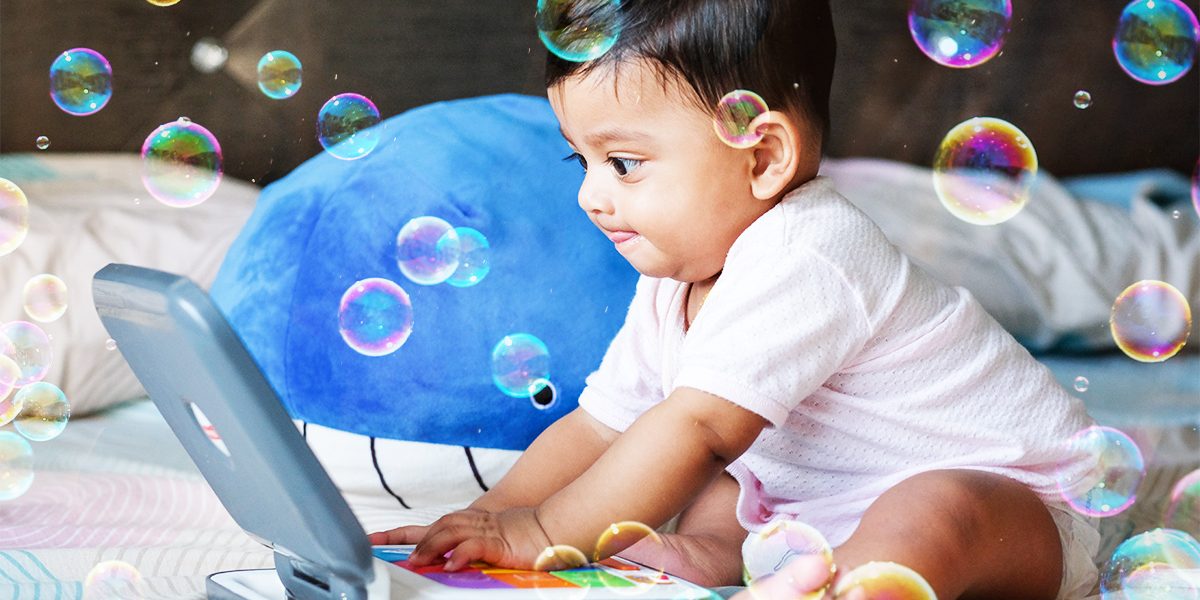You might have heard that play is the opposite of work; you want to find out how to be more playful at work but you get to play only when you have time to spare, which literally never happens!
The truth is that play is not the opposite of work, it is actually an important activity that enhances our productivity as well as our wellbeing, it’s nearly as important as eating and sleeping. Playfulness is associated with creative thinking and innovation. Playing improves our relationships, our health, and our problem-solving abilities. It also increases our comfort with risk-taking, and our ability to learn and grow throughout adulthood. Brian Sutton-Smith, a play theorist, says that the opposite of play is not work, but depression.
Thus, it follows that a healthy workplace is one where you can be as playful as you are meant to be. In fact, a work environment where play is welcome, is a work environment that encourages psychological safety, where trust can thrive, and conflicts can be prevented.
But what do we mean by Play at Work? What types of play are we talking about? Play can be grouped into eight different types of play, all of which have a time and place in the workplace. In fact, different types of play are more closely related to different types of professions. For example, people in the marketing profession might be more prone towards storytelling, whereas people in leadership might be more prone towards the type of play known as “Directing”. People in sales will gravitate more towards competition as a form of play. Explore the eight Play Personalities listed below to better understand the types of play that are most common in adulthood. When you are in touch with your own unique blend of play preferences, you can evaluate whether you have chosen the right career and workplace.
Discover your Play Personalities so that you can find more ways to Play at Work
Below are the descriptions of each of the eight play personality types as identified by Dr. Stuart Brown, play expert and founder of the National Institute for Play. He describes them in his book, Play: How It Shapes the Brain, Opens the Imagination, and Invigorates the Soul. Most people identify with two or three of these play personalities. Read through the descriptions while asking yourself this question: What types of play did I enjoy most as a child? What types of play do I naturally gravitate towards as an adult?
Discovering your play personality will help you think of ways to incorporate play into your work and adult life. And discovering the play personalities of the people around you will help you find more playful ways of connecting, sharing and deepening your relationships.
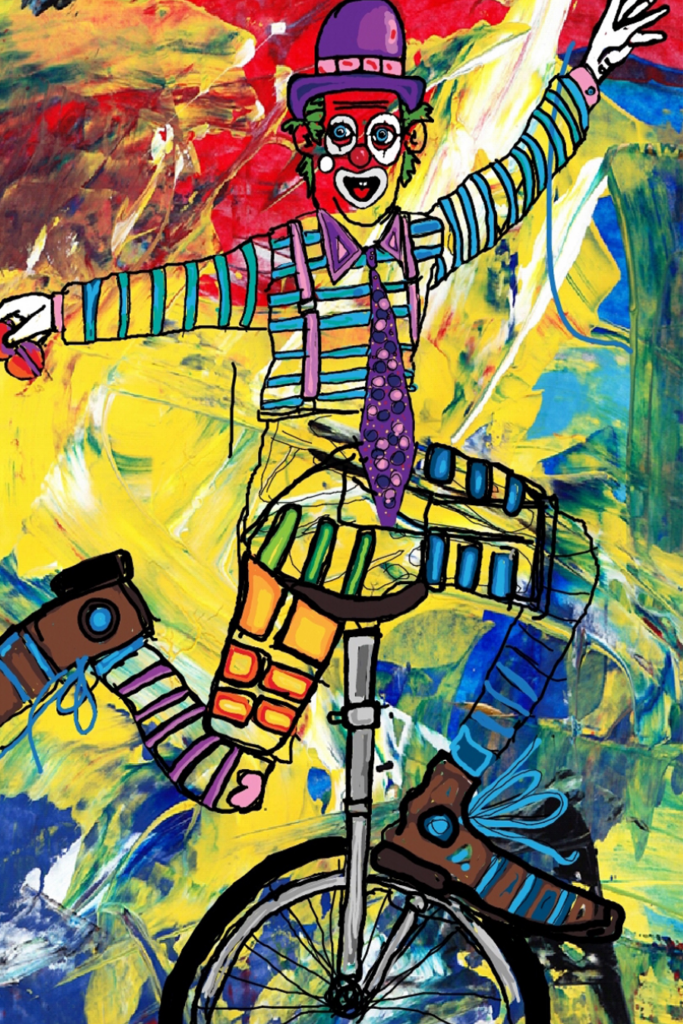
The Joker
A joker’s play always revolves around humour. Indeed, humour is the first type of human play we engage in: Parents and caregivers make infants laugh by making silly sounds, blowing raspberries and generally being foolish.
The joker enjoys finding new ways of getting people to laugh. Adult jokers always have another joke on the tip of their tongue.
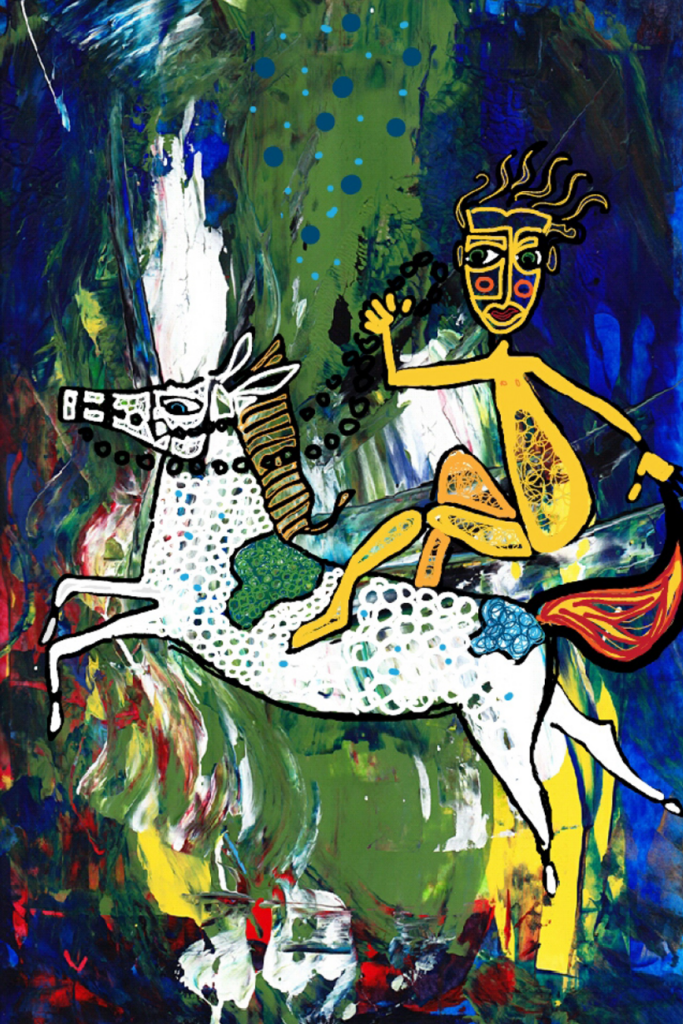
The Kinesthete
Kinesthetes are people who like to move. This includes athletes, but also people who find themselves happiest moving as part of dance, swimming, doing yoga or walking.
Kinesthetes naturally want to push their bodies and feel the result. While kinesthetes may play games, competition is not the main focus – it is only a forum for engaging in physical activity.
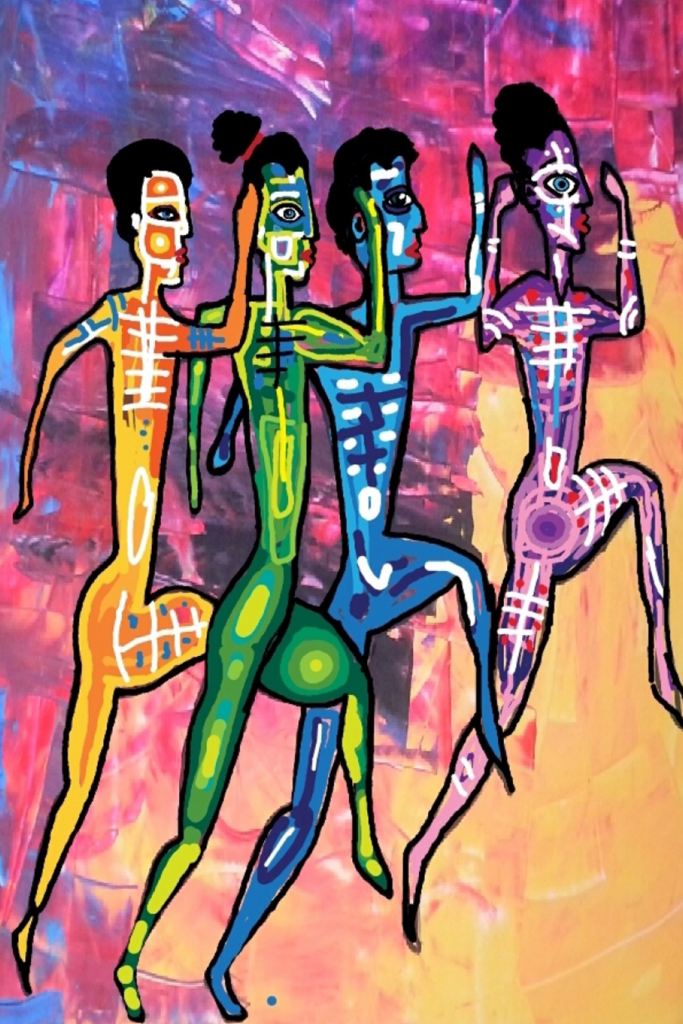
The Competitor
The competitor is a person who breaks through into the euphoria and creativity of play by enjoying a competitive game with specific rules. The competitor enjoys playing to win. If games and keeping score are your thing, this may be your primary play personality.
The games can be solitary or social, and they may be actively participated in or observed as a fan.
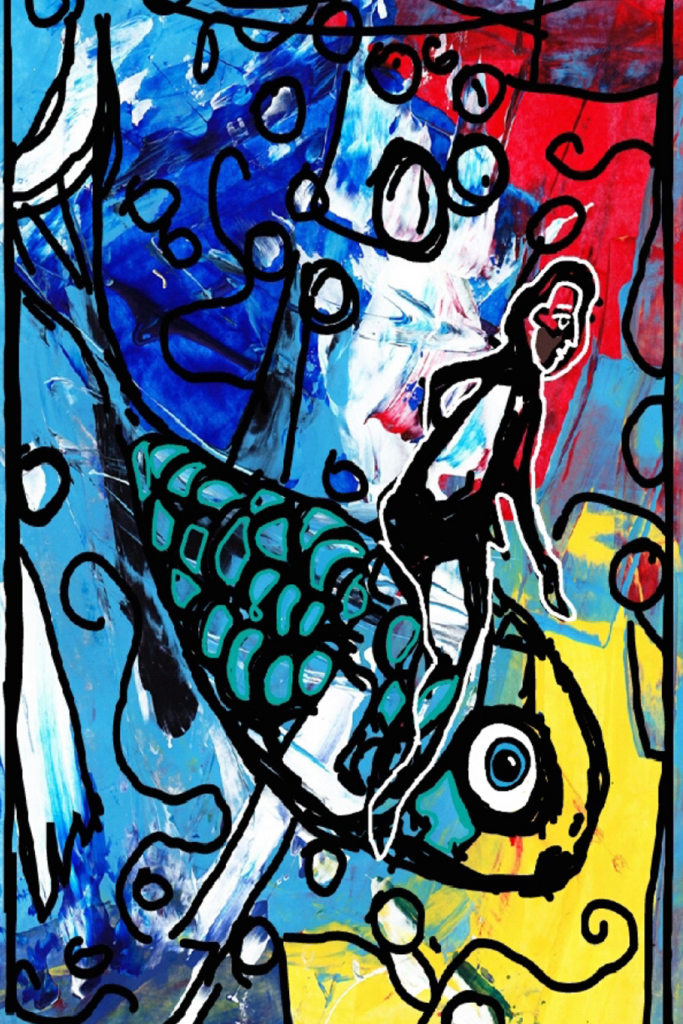
The Explorer
Each of us started our lives by exploring the world around us. Some people never lose their enthusiasm for it. Exploration becomes their preferred avenue into the alternative universe of play.
Exploring can be physical – literally, going to new places. It can be emotional – searching for a new feeling or deepening of the familiar through music, movement, flirtation. It can be mental – researching a new subject or discovering new experiences and points of view while remaining in one place.
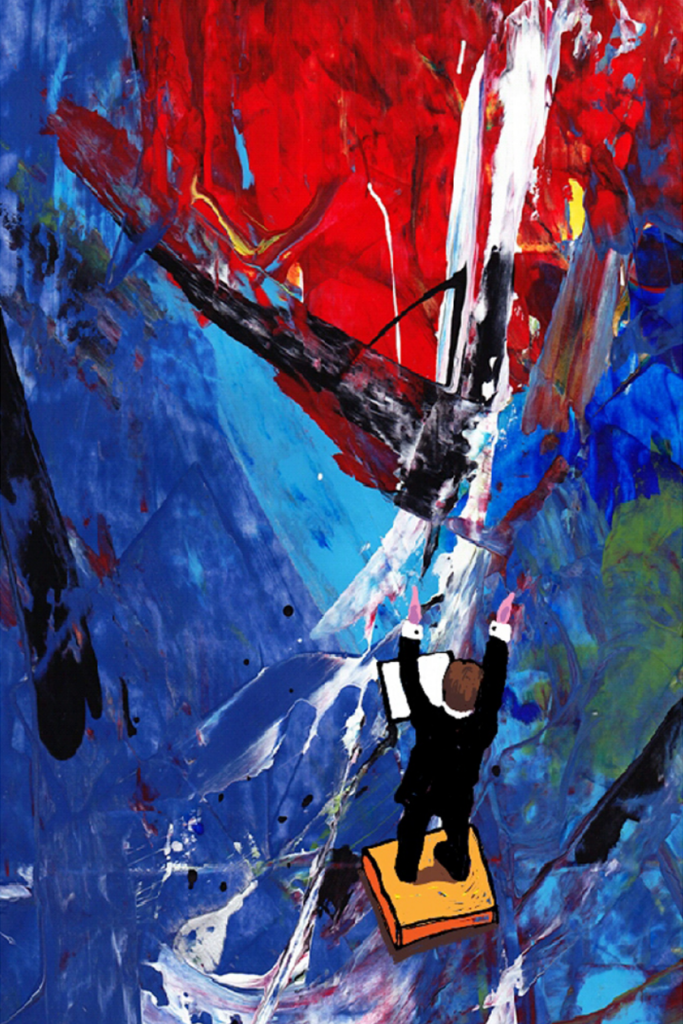
The Director
Directors enjoy planning and executing scenes and events. Though many are unconscious of their motives and style of operating, they love the leadership role. They are born organizers.
They are the party givers, the instigators of great excursions, the team leaders or fun teachers. The playful director might see the entire world as a stage and every willing person as a player in their imagined game.
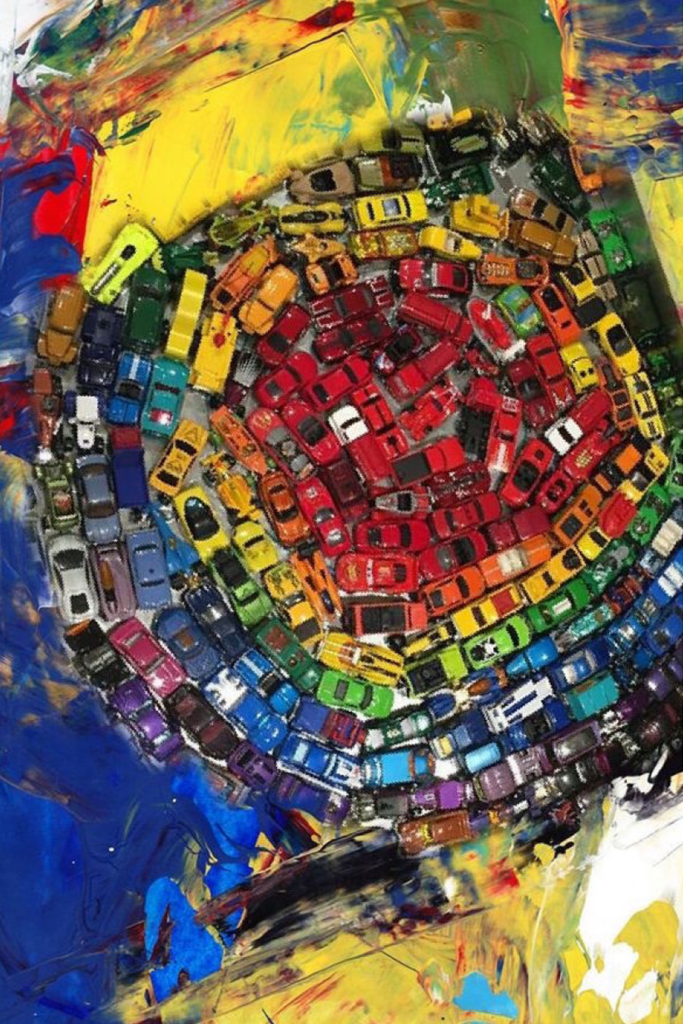
The Collector
The thrill of play for the collector is to have and to hold the most, the best, or the most interesting collection of objects or experiences. Collectors may travel the world not for the sake of exploring but for the sake of collecting evidence of each different sunset, or a variety of rocks, shoes, stamps, etc.
Collectors may enjoy collecting as a solitary activity, or they may find it the focus of an intense social connection with others who have similar obsessions.
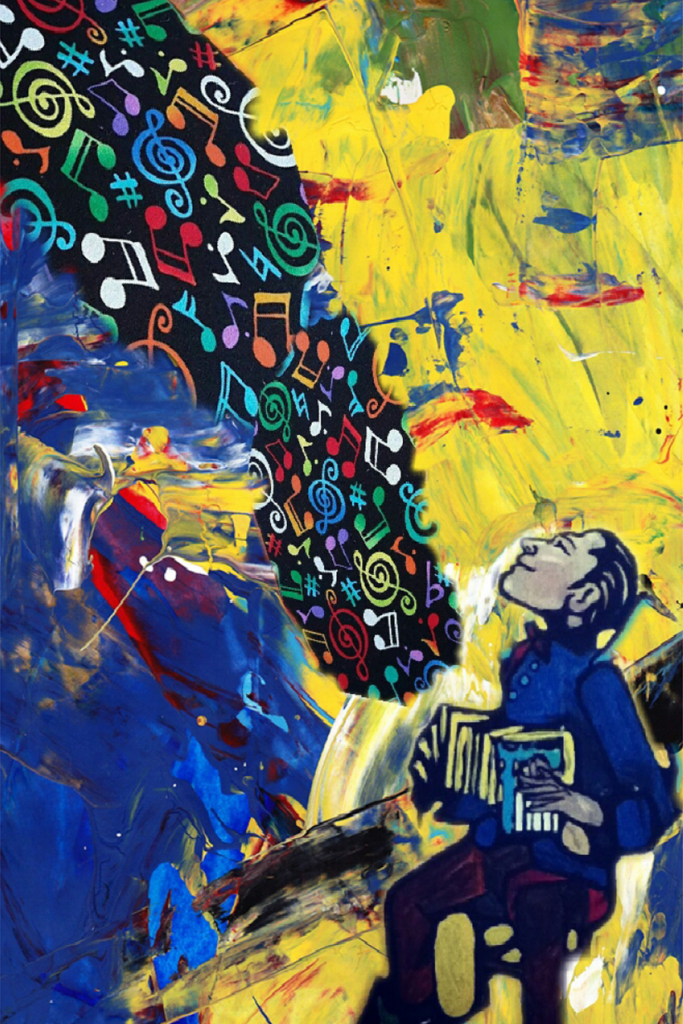
The Artist/Creator
For the artist/creator, joy is found in making things. Painting, print-making, woodworking, pottery, and sculpture are well-known activities of artist/creators, but furniture making, knitting, sewing, and gardening are other examples.
The artist/creator may be someone who enjoys taking apart a pump, replacing broken parts, cleaning it, and putting back together a shiny, perfectly working mechanism, in effect, making it anew.
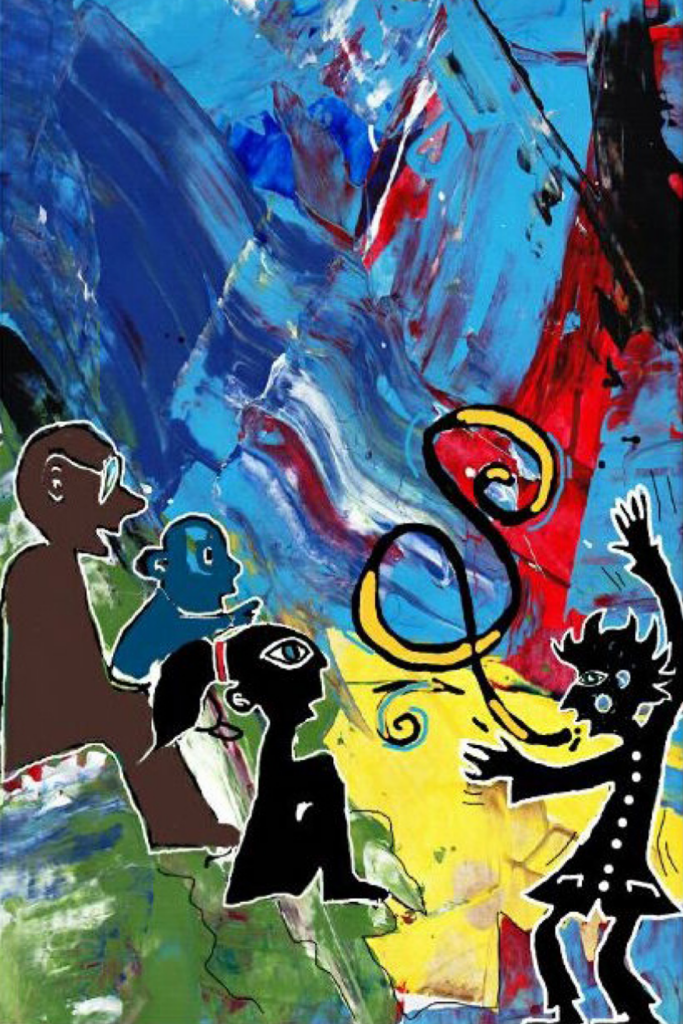
The Storyteller
For the storyteller, memories and imagination are their key to the kingdom of play. Storytellers are novelists, playwrights, cartoonists, and screenwriters, but they are also those whose greatest joy is reading novels and watching movies. Performers of all sorts are storytellers, creating an imaginative world through dance, acting, magic tricks, or lectures.
The storyteller can bring play into any activity. They may be cooking a meal but in their mind they are part of an exciting cook-off. They may be sharing a memory but they do so with such enthusiasm that every listener will travel in time.
You can download printable versions of the Play Personality Cards here to explore your Play Personalities with your family and friends.
Does your workplace culture need an upgrade? Do you wish your team was more comfortable with change, more willing to innovate or better able to problem solve together? Book a free consultation to share your specific challenges and explore how we might be able to guide you in creating a healthier, more collaborative workplace culture.
By Ginny Santos, CEO, Neolé

